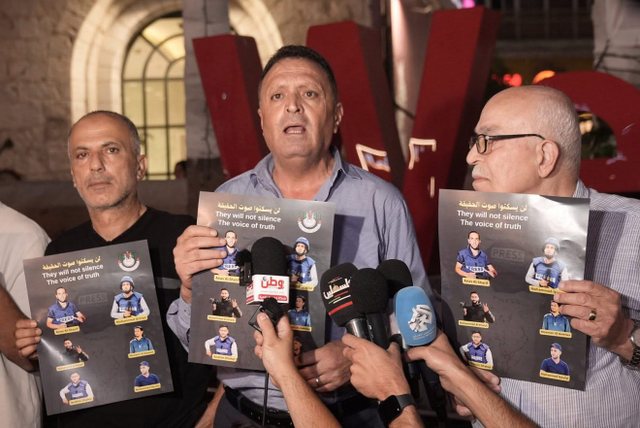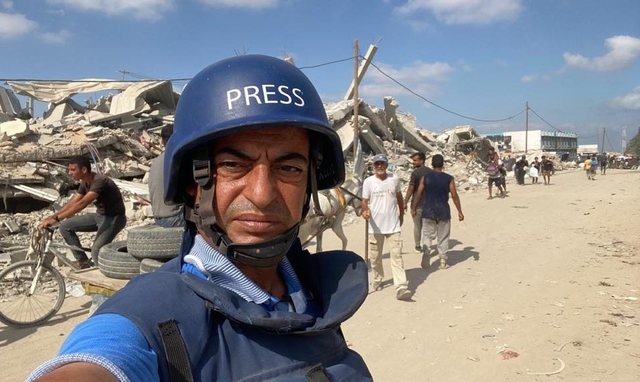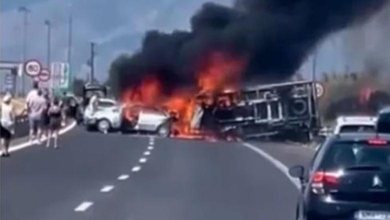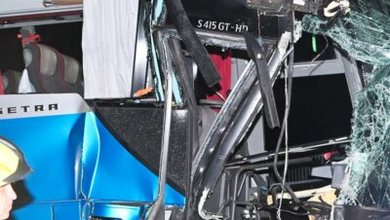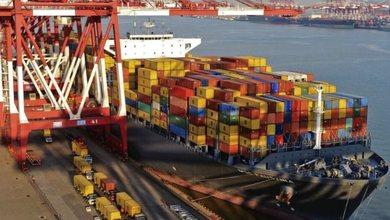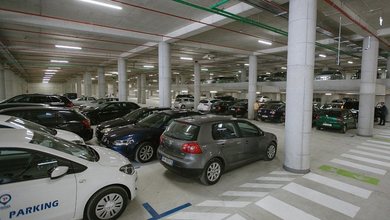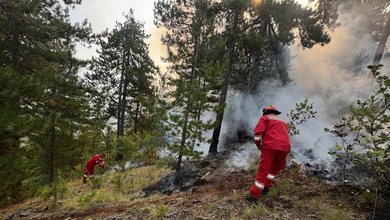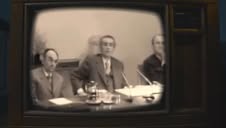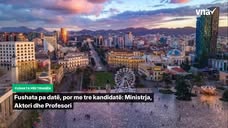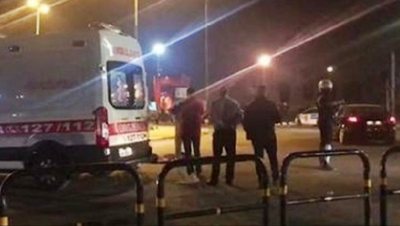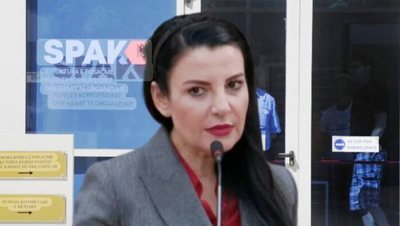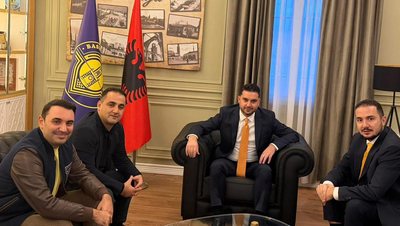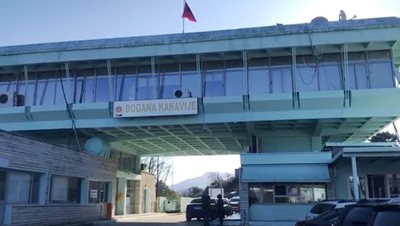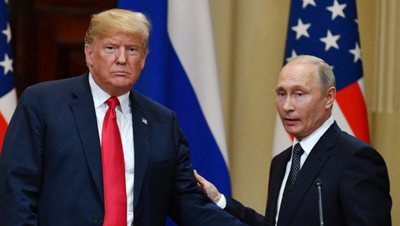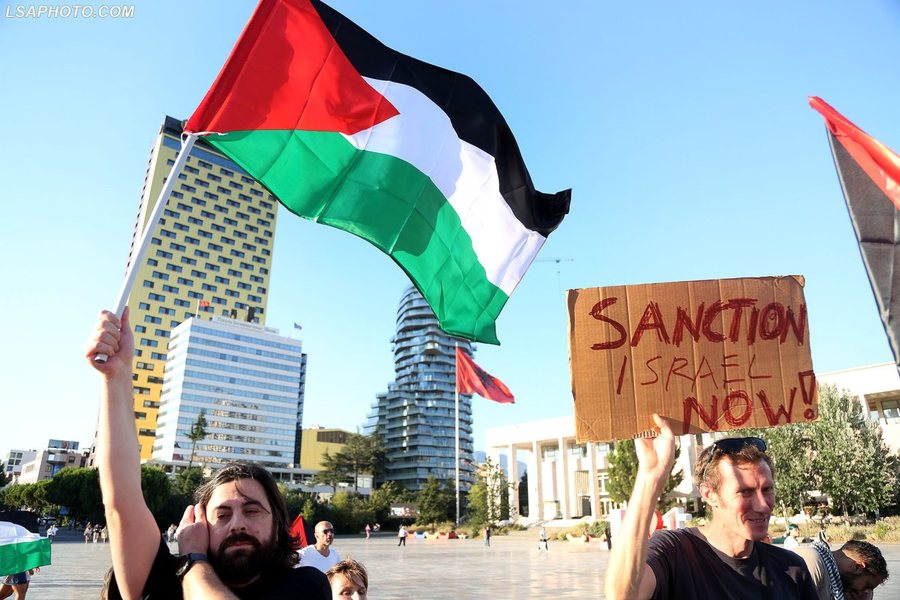
The Whatsapp line disconnects several times and Sami Abu Salem's voice comes in intermittently. Bombings can be heard in the background.
"I could be killed at any time. Maybe even as I'm talking to you now," he says.
Abu Salem, 55, works as a journalist for the Palestinian News Agency, WAFA, and as a trainer on journalist safety in conflict zones for the International Federation of Journalists, IFJ. He also reports for international media outlets.
In a difficult conversation from Gaza, he says it is not easy to portray what is happening in his country, engulfed in 2 years of war.
Abu Salem is not just a journalist. He has his four children with him; ages 6, 14, 16, and 18.
“As I speak to you, it is afternoon and I am hungry. But I am thinking about the children. We only eat once a day,” he tells BIRN.
Abu Salem is just one of hundreds of journalists and media workers in besieged Gaza, reporting from what has long been described as a humanitarian disaster.
Gaza is also a no-go zone for foreign journalists, who are rarely allowed into the enclave. All reporting is supported by local journalists, doctors and aid workers.
But reporting from Gaza comes at a huge human cost.
According to the International Federation of Journalists, IFJ, 195 journalists and media workers have been killed since the start of the war, dozens have been injured and many more are missing. In a recent attack on August 10, Israeli forces killed four employees of the international network “Al Jazeera” as well as two other freelance reporters.
“This is the biggest massacre of journalists ever in the world,” Nasser Abu Bakr, president of the Palestinian Journalists Syndicate, PJS, told BIRN.
"It is a war like no other," added Abu Bakr.
Between missiles and hunger
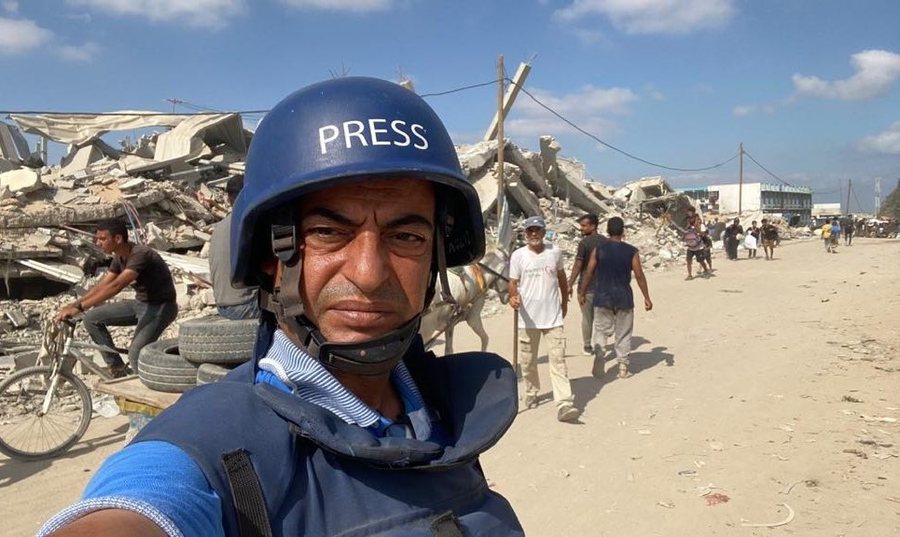
The conflict between Israel and the Palestinian people, one of the longest and bloodiest disputes in the world, returned sharply after Hamas's attack on Israel on October 7, 2023, in which 1,200 people were killed and 251 others were taken hostage.
This led to a massive Israeli military offensive on Gaza, which has so far caused over 60,000 reported casualties.
Israeli attacks have destroyed much of the territory's infrastructure, spreading hunger and disease. In July, the United Nations warned that the Gaza Strip was currently facing a "worst-case scenario of famine," blaming Israel for the crisis.
The US-based Committee to Protect Journalists (CPJ) says media workers in Gaza are facing extreme and often fatal risks as they try to cover the war.
As a trainer for journalist safety, Sami Abu Salem says that "the rules have fallen."
"They are useless against heavy bombing that spares no one," he emphasizes.
Hospitals in Gaza have become offices, sources and shelters for journalists. Abu Salem says they go there to verify sources, check on victims, charge their phones, laptops and for an internet signal.
"We try to work day by day. If we don't work, who will show the carnage here?" he asks.
Israel has justified the killings of journalists in Gaza with unsubstantiated accusations that they are cells of the Palestinian group Hamas. But journalists like Sami Abu Salam say this is done to justify the killings.
"I have been detained and beaten by Hamas twice before. Once they even prevented me from traveling to a part of Gaza," says Abu Salem.
Nasser Abu Bakr from the Palestinian Journalists Syndicate told BIRN that Israel is deliberately targeting journalists because it does not want them to “report on what is happening.” He also points out that security and media freedom regulations have long since collapsed in Gaza.
"Our colleagues are working under rockets, bombs, tanks, bullets," says Abu Bakr. "They are moving through destroyed cities, with nothing to eat or drink. They are drinking water from the sea."
Many of the murdered journalists had previously faced the pain of losing their family members.
"I'm talking about the last ones who were killed: Mohammad Khaldi, Anas al-Sharif, Mohammed Noufal, Mohammad Qreiqeh, all four of whom had their parents killed earlier," says Abu Bakr.
Abu Bakr emphasizes that even though they are facing inhumane conditions of survival and security, journalists in Gaza are "trying to adhere to the rules in hellish conditions."
Abu Salem also told BIRN that the war in Gaza is sparing no one, while he himself is facing costs in physical and mental health.
"I've lost 15 kilos. I have nightmares. My children do too. We're afraid to see each other," he says.
After two years of reporting from the war zone, he is now also facing people's hesitation.
“Ordinary people in Gaza don't want to speak out anymore because they think the world is silent about their plight,” he says.
Belated solidarity
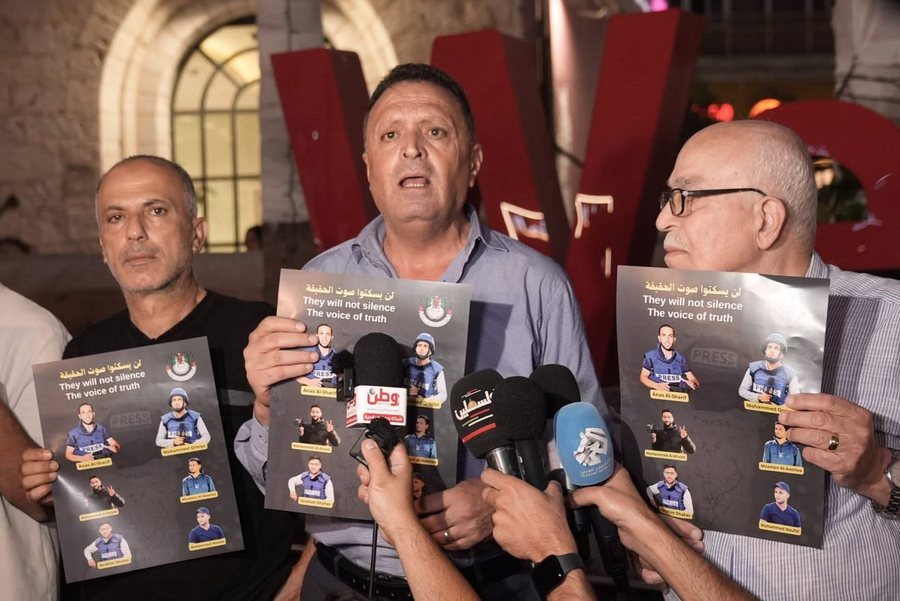
International media reporting on the situation in Gaza has been extremely cautious and, as such, has been harshly criticized by many Palestinian journalists. But recently there have also been acts of solidarity.
Renowned CNN journalist Christiane Amanpour recently signed a letter, along with 200 international journalists, demanding “urgent access for foreign media to Gaza and respect for the protected status of journalists under international law.”
“In Europe, solidarity is starting to grow,” says Maja Sever, president of the European Federation of Journalists.
After a period of silence and limited coverage, Sever says the media is starting to pay more attention.
“What is happening is genocide and this cannot be silenced,” Sever told BIRN. “We ask colleagues across the continent to do their job. Simply report the truth,” she added.
Walid Batrawi, a Palestinian journalist displaced in Canada, says opposition to what is happening in Gaza is weak.
"For many lives of people and journalists it is already too late, but this is also part of the truth," he says.
Batrawi also noted that many media outlets and journalists in Israel have begun to show solidarity. “This solidarity is more about preserving Israel,” he added.
Anthony Bellanger, secretary general of the International Federation of Journalists, IFJ, also stressed that Gaza has a very weak voice.
“Journalists are being killed in Gaza every week. Being part of one group or another does not give you a ‘license to kill,’” Bellanger told BIRN. “Israeli forces are hitting buildings where journalists live, after targeting newsrooms, hospitals and schools. This is also a war crime,” he added.
Bellanger rejects the possibility offered by Israeli forces that Western journalists may be allowed into Gaza only under their supervision, considering this type of reporting to be unhelpful.
"Many media outlets finally realized that a massacre was taking place in Gaza. But it's too late, as the damage has been done," he stressed./Reporter.al


